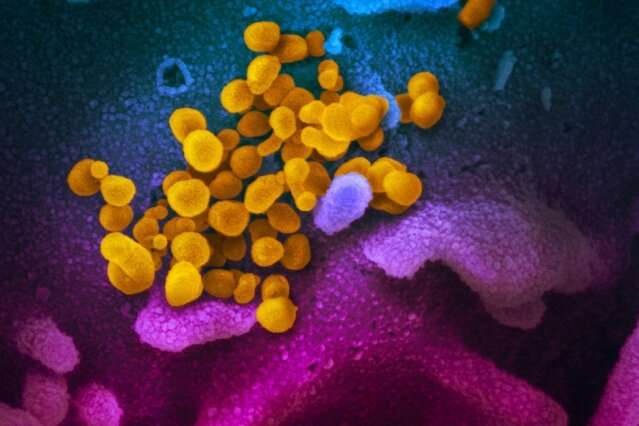Children more resilient against coronavirus, study reveals

The majority of children with COVID-19 in 26 countries fared well clinically compared to adults during the first four months of the pandemic, a newly released study shows.
Researchers from the Long School of Medicine at The University of Texas Health Science Center at San Antonio prepared the study, which is the largest systematic review to date of children and young adults with COVID-19. EClinicalMedicine, a journal of The Lancet, on June 26 published the results, which cover studies published between Jan. 24 and May 14.
Among the findings:
- 19% of the pediatric population with COVID-19 had no symptoms.
- 21% exhibited patchy lesions on lung X-rays.
- 5.6% suffered from co-infections, such as flu, on top of COVID-19.
- 3.3% were admitted to intensive care units.
- Seven deaths were reported.
"Our data is compiled from 131 studies and encompasses 7,780 patients who span the pediatric age spectrum," said study senior author Alvaro Moreira, MD, MSc, assistant professor of pediatrics at UT Health San Antonio and a fellowship-trained neonatologist.
"In the study we report the most common symptoms, quantify laboratory findings and describe imaging characteristics of children with COVID-19," Dr. Moreira said. "Furthermore, we summarize treatments that were administered and offer an initial glimpse of a handful of patients who met the U.S. Centers for Disease Control and Prevention (CDC) criteria for multisystem inflammatory syndrome in children."
Symptoms
The most frequent symptoms, similar to the adult population, were fever and cough. Those were found in 59% and 56% of the pediatric population.
In 233 individuals, a past medical history was noted, and among this group, 152 were children with compromised immune systems or who had underlying respiratory or cardiac disease.
The number of children with excellent outcomes surprised the research team. "Although we are hearing about severe forms of the disease in children, this is occurring in very rare circumstances," Dr. Moreira said.
The majority of journal articles were from China. The largest study that was included was a case series of 2,572 patients reported by the U.S. CDC COVID-19 team.
Laboratory measures that were consistently abnormal in pediatric COVID-19 patients included inflammatory markers such as creatine kinase, interleukin-6 and procalcitonin.
Few severe cases
Thankfully, only a small number of patients met inclusion for multisystem inflammatory syndrome in children. Their disease paralleled the extreme forms of COVID-19 seen in adults.
"Children with systemic inflammation had a significant decrease in the amount of lymphocytes in their blood," Dr. Moreira said. "COVID-positive children who didn't have the extreme form of the disease had 42% lymphocytes in their blood, versus 11% in children with the multisystem syndrome."
Lymphocytes are one of the main types of immune cells in the body.
Kidney failure was seen in nine pediatric patients, liver failure also in nine and shock in 19. Mechanical ventilation was required by 42 patients.
The study does not take into consideration a new surge of patients in New York, England and Italy where specialists are now starting to see children with multisystem inflammatory syndrome, Dr. Moreira said.
More information: Ansel Hoang et al, COVID-19 in 7780 pediatric patients: A systematic review, EClinicalMedicine (2020). DOI: 10.1016/j.eclinm.2020.100433




















